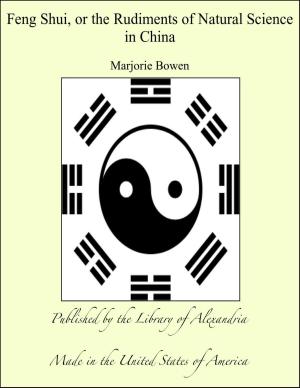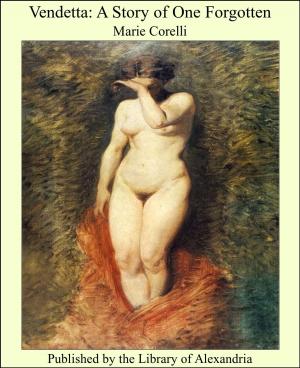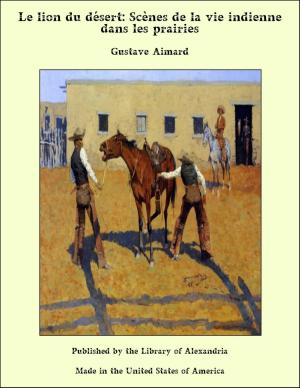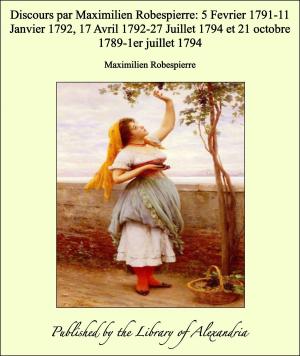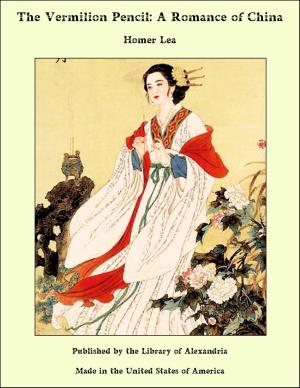Obiter Dicta: Second Series
Nonfiction, Religion & Spirituality, New Age, History, Fiction & Literature| Author: | Augustine Birrell | ISBN: | 9781465534521 |
| Publisher: | Library of Alexandria | Publication: | March 8, 2015 |
| Imprint: | Language: | English |
| Author: | Augustine Birrell |
| ISBN: | 9781465534521 |
| Publisher: | Library of Alexandria |
| Publication: | March 8, 2015 |
| Imprint: | |
| Language: | English |
I am sorry not to have been able to persuade my old friend, George Radford, who wrote the paper on ‘Falstaff’ in the former volume, to contribute anything to the second series of Obiter Dicta. In order to enjoy the pleasure of reading your own books over and over again, it is essential that they should be written either wholly or in part by somebody else. Critics will probably be found ready to assert that this little book has no right to exist, since it exhibits nothing worthy of the name of research, being written by one who has never been inside the reading-room of the British Museum. Neither does it expound any theory, save the unworthy one that literature ought to please; nor does it so much as introduce any new name or forgotten author to the attention of what is facetiously called ‘the reading public.’ But I shall be satisfied with a mere de facto existence for the book, if only it prove a little interesting to men and women who, called upon to pursue, somewhat too rigorously for their liking, their daily duties, are glad, every now and again, when their feet are on the fender, and they are surrounded by such small luxuries as their theories of life will allow them to enjoy, to be reminded of things they once knew more familiarly than now, of books they once had by heart, and of authors they must ever love. The first two papers are here printed for the first time; the others have been so treated before, and now reappear, pulled about a little, with the kind permission of the proper parties.
I am sorry not to have been able to persuade my old friend, George Radford, who wrote the paper on ‘Falstaff’ in the former volume, to contribute anything to the second series of Obiter Dicta. In order to enjoy the pleasure of reading your own books over and over again, it is essential that they should be written either wholly or in part by somebody else. Critics will probably be found ready to assert that this little book has no right to exist, since it exhibits nothing worthy of the name of research, being written by one who has never been inside the reading-room of the British Museum. Neither does it expound any theory, save the unworthy one that literature ought to please; nor does it so much as introduce any new name or forgotten author to the attention of what is facetiously called ‘the reading public.’ But I shall be satisfied with a mere de facto existence for the book, if only it prove a little interesting to men and women who, called upon to pursue, somewhat too rigorously for their liking, their daily duties, are glad, every now and again, when their feet are on the fender, and they are surrounded by such small luxuries as their theories of life will allow them to enjoy, to be reminded of things they once knew more familiarly than now, of books they once had by heart, and of authors they must ever love. The first two papers are here printed for the first time; the others have been so treated before, and now reappear, pulled about a little, with the kind permission of the proper parties.



